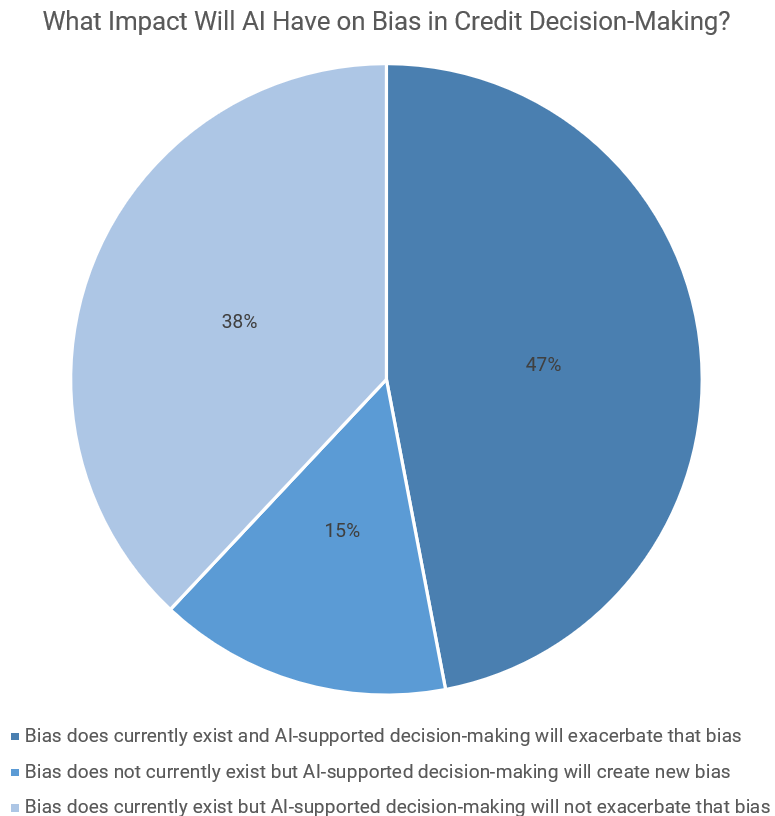The Evolving Role of CFOs in the AI Era
A Chief Financial Officer (CFO) in a strategic role is a top executive who manages a company’s finances and plays a key role in shaping its overall strategy. This includes financial planning, risk management, guiding investment decisions, and overseeing mergers and acquisitions. The CFO also works closely with other senior leaders to align financial goals with the company’s long-term objectives and communicates these strategies to stakeholders. Sayan Chakraborty, Co-President, Head of Product and Technology at Workday, highlights this shift. Today’s CFOs are expected to manage the usual fiscal responsibilities while also providing strategic guidance alongside CEOs and CIOs.
CFOs now juggle their customary tasks with strategic roles. They face ‘and’ problems – maintaining their traditional responsibilities and embracing new strategic ones. This dual role challenges CFOs to find a balance, which is where Artificial Intelligence (AI) and Machine Learning (ML) come into play.
AI and ML technologies are revolutionizing the finance sector by automating routine tasks, thus freeing up CFOs to concentrate on strategic decision-making. For instance, companies like Workday offer tools that automate transaction processing and anomaly detection, simplifying operations such as book closing and budgeting.
Despite the potential, the adoption of AI in finance is slower than in other sectors. Concerns about security, privacy, and data reliability hinder AI and ML integration. However, many finance leaders are eager to leverage these technologies for strategic value and cross-department collaboration.
AI in finance isn’t just about automation; it significantly enhances decision-making capabilities. It allows CFOs to analyze data for insights and trends, aiding in more accurate predictions and strategic choices. This integration of AI with human judgment is redefining financial decision-making.

AI and Algorithmic Trading: Transforming Finance
The integration of Artificial Intelligence (AI) into algorithmic trading is a transformative development in the world of finance, especially within hedge funds. This shift from traditional trading methods to AI-driven strategies is reshaping how financial markets operate.
Hedge Funds Leading the AI Revolution
Hedge funds are at the forefront of this AI revolution, leveraging it for more informed and strategic decision-making. By analyzing extensive datasets, including market trends, economic indicators, and even social media sentiments, these funds are able to make more precise investment decisions.
For instance, Renaissance Technologies stands out for its reliance on mathematical and statistical methods, employing complex AI algorithms to achieve exceptional returns. Similarly, Two Sigma uses AI to analyze diverse data, from market prices to news articles, positioning itself as a leader in quantitative trading.
Algorithmic Trading’s Evolution
From its early emphasis on high-frequency trading, which valued speed above all else, algorithmic trading has developed into a more sophisticated strategy that places a strong emphasis on predictive analytics. Businesses like Bridgewater Associates and Citadel, which employ adaptive models that learn and change over time to increase their accuracy in forecasting market patterns, are prime examples of this progression.
Ownership Competitive Advantage and Future Trends
The institutes that design these complex algorithms keep their creation a closely-guarded secret. Keeping this information private is essential to preserving a competitive advantage in a complicated and dynamic market. The future of algorithmic trading seems poised for further advancement with technologies like deep learning and neural networks. However, this also brings challenges, such as the potential for systemic risks and the need for effective regulation to ensure market fairness.
In summary, the integration of artificial intelligence (AI) with algorithmic trading represents a substantial change in the financial industry, not only a fad. Hedge funds are redefining market efficiency, risk management, and profitability with their creative use of AI. This technology will probably have an even greater influence on trading and investing tactics as it develops.
